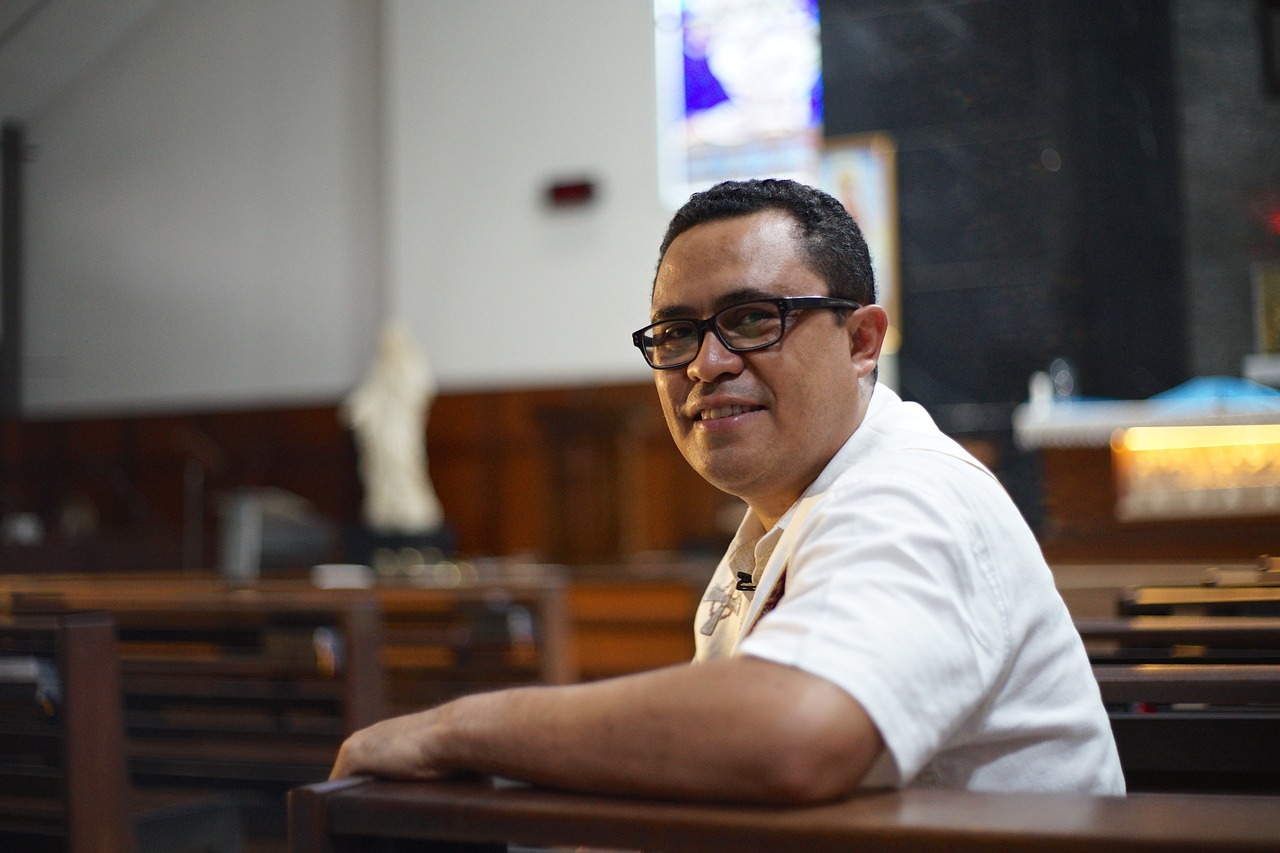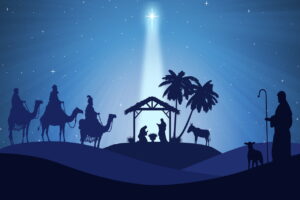Malachi 1:14-2:2, 8-10 (RM) or Micah 3: 5-12 (RCL); Psalm 131; 2 Thessalonians 2:7-9, 13 (RM) or 1 Thessalonians 2: 9-13 (RCL); Matthew 23: 1-12.
For All Saints Sunday: Revelation 7: 9-17; 1 John 3: 1-3; Matthew 5: 1-12.
“My name is not ‘Father!’ My parents gave me a name. It’s Phil. Call me Phil.”
So I called him Phil of course. It was 1976, I was 24 and just starting out in a university chaplaincy (campus ministry) position. Heck, what did I know?
Something similar happened ten years later, on a different continent and for a different reason. My professors who were diocesan priests could be highly offended if some U.S. American student called them “Father.” In Belgium the title “Father” was reserved to religious order priests, and not all that commonly used.
So thereafter, just on principle, I called my priest colleagues by their first name whenever appropriate. It felt weird when I began as a worship leader in the Lutheran church to use the prefix “Pastor” for a colleague. It felt like, “Gee, isn’t that a bit old fashioned?” But heck, what do I know?
Our Gospel reading from Matthew 23 shows Jesus tearing a strip off the self-satisfied religious authorities of his day, and one of the words embedded in this diatribe is Father: “Do not call anyone on earth ‘Father.’” It comes between Rabbi and Instructor as titles not to be claimed. But as always, there’s more here than meets the eye, and context is almost everything.
Scholars do not entirely agree on to what degree this passage represents a speech that can be reliably attributed to Jesus of Nazareth. Some point out that similar sharp critiques can be found other places in the Gospels, not to mention the Hebrew Bible (as in the text from Malachi), which may indicate a greater chance that this is authentic. Other scholars believe this was influenced by conflicts in Matthew’s church community because the distinctions among different types of Pharisees tend to be blurred over – all the Pharisees become bad guys. That’s what we’ve usually heard. Jesus good, Pharisees bad.
It won’t hurt to remind ourselves that, whatever the original context of this text, the Pharisees were only human. And the critiques levelled against them depict certain all-too-recognizable human faults: a tendency to misuse knowledge of the law for one’s own purposes, a love of status and special dignity and the trappings of power, enjoying being called by a title of respect (especially when it’s overheard by a crowd!)
It can be seductive, being treated like you’re someone special. You can learn to behave appropriately and graciously. After awhile you miss the honour when it doesn’t happen. And that’s when you know you’re out of touch with reality. It doesn’t do your heart and soul any good either.
Sometimes the Spirit is doing us a favour when the trappings of honour come crashing down, though it certainly doesn’t feel like it at that moment. Maybe it’s a chance to reach a deeper level of honesty with ourselves that can radiate out to others. And maybe in that honesty is something richer, deeper, and fuller
© Susan K. Roll
Susan Roll retired from the Faculty of Theology at Saint Paul University, Ottawa, in 2018, where she served as Director of the Sophia Research Centre. Her research and publications are centred in the fields of liturgy, sacraments, and feminist theology. She holds a Ph.D. from the Catholic University of Leuven (Louvain), Belgium, and has been involved with international academic societies in liturgy and theology, as well as university chaplaincy, Indigenous ministry and church reform projects.





Thank you Susan. You wrote: “Sometimes the Spirit is doing us a favour when the trappings of honour come crashing down, though it certainly doesn’t feel like it at that moment.”
I agree! In the moment, it feels horrible. Looking back, I can see ways those life-moments were also transformative.
Given that personal truth, I pray it may also be institutionally true for the church in this historical moment of the Synod, and the new possibilities rising.